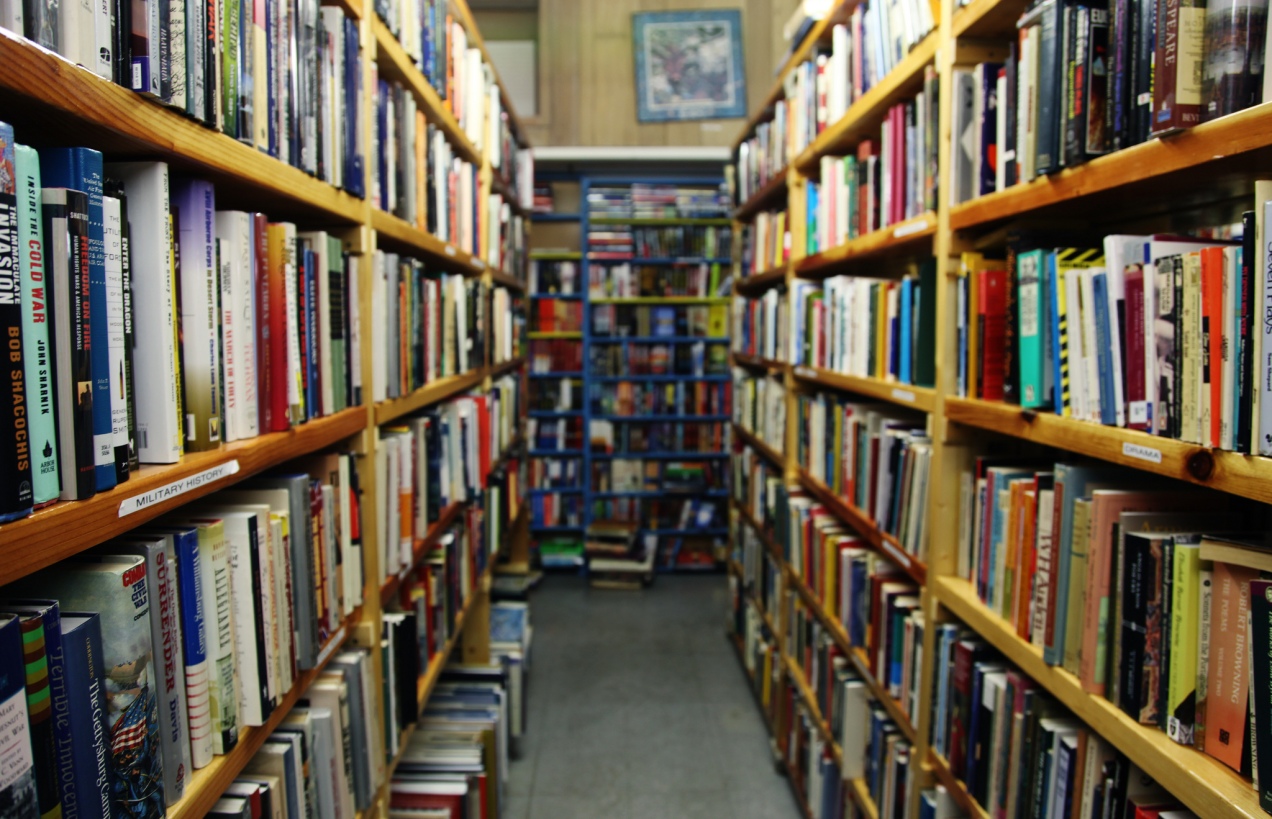I got the opportunity to meet with Chuck Pearson (@ShorterPearson) on his way home from #OpenEd16. We chatted about the conference over burgers, Chuck having participated in-the-flesh, and me participating remotely. It was a fantastic way to end a conference.
During our dinner chat Chuck asked me what I took away from the conference, having participated on the peripheral.
My first answer, of course, was that it was the conference of superstars. My twitter heroes. People I consider friends and people I’d love to meet and would be completely starstruck about. The list includes: Sean Michael Morris, Jesse Stommel, Robin DeRosa, Ken Bauer, Amy Collier, Laura Gogia, Kate Bowles, Autumm Caines, Rebecca Hogue, Daniel Lynds, Lee Skallerup Bassette, Christina Hendricks, Jen Maddrell, JR Dingwall, Gardner Campbell, Audrey Watters!, Sara Goldrick-Rab! … and more.
But more content specific, the themes of being critical, and narratives really stood out to me.
In particular, Chuck and I got onto the topic of narratives. Which Chuck observed was interesting, since both of us having a background in natural sciences. The natural sciences which tend to pretend what they do is something separate from telling stories…which they don’t; they tell stories–based on evidence–but stories nonetheless.
It was a quick dinner and chat, but it wedged the idea of narratives as assessment in the natural sciences into my mind. This morning I woke up pondering on how we could make narratives as a form of assessment not only seem reputable (in a world of quantitative driven data), but also how it can be situated in an authentic way. Because why do it if it isn’t authentic?
And it struck me, we have students write lab reports and analyze their data, but why don’t we make that more authentic? That’s what scientists do–analyze, report–but also they construct a story about what their findings mean, and how they fit into the larger scope of the field.
Why don’t we expect our students to do the same thing?
Write academic papers instead of template lab reports. Sure, it’s more work on us to evaluate the quality of the work (although perhaps we could build in a class peer review system too?), but its much more authentic an activity and it emphasizes that science doesn’t magically create some sort of “fact” that is always True but rather that there is a human aspect: Interpretation is an essential aspect of science, and story telling is the way we share our interpretations. Narratives are the way we make sense of our world, of our data.
Featured image: Stories by Melissa Dooley CC Attribution

Got rid of template lab reports many years ago. When students write the ‘discussion’ section of a formal scientific paper, do you think this constitutes the ‘narrative’ that you are talking about? Certainly they must interpret their data in the context of the literature and even form opinions. Happy to share my rubric for grading scientific journal style papers if interested. Furthermore, having students construct the entire ‘lab’ assignment can be powerful. For example, I give my students a bunch of materials like lab containers, string, tape, stopwatches, colored paper, various insects, flashlights, substrates, random pieces of wood and plastic, glue (pretty much anything you have laying around) etc. – then say, develop some behavioral hypotheses after a period of ad how observations, design an experiment to test one of these based on predictions, collect, analyze and interpret the data.
LikeLike
I think the discussion section, and the introduction – which sets the stage, certainly constitute the narrative I’m talking about.
I love what you are doing and would be incredibly thankful if you were to share your rubric with me! I have designed a few activities/lesson plans where the students construct their entire experiment based on what they have available in the classroom, for work – at the K-8 level. It seems it is harder to find such activities in higher ed – where it seems it would be most appropriate if we are training future scientists…
LikeLike